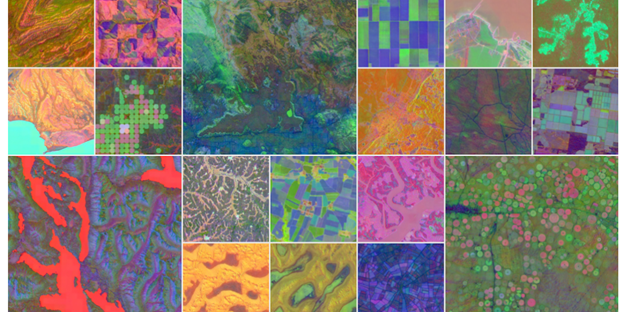Meta CEO Mark Zuckerberg on Wednesday unveiled his vision for “personal superintelligence,” defining it as AI designed to help individuals achieve their unique goals. This announcement contained hints of a potential shift in Meta’s strategy regarding the release of its AI models.
Zuckerberg emphasized the importance of sharing the benefits of superintelligence with the world as broadly as possible. He then stated, “That said, superintelligence will raise novel safety concerns. We’ll need to be rigorous about mitigating these risks and careful about what we choose to open source.” This careful consideration of open-source practices marks a noteworthy change.
Previously, Zuckerberg had consistently presented Meta’s Llama family of open models as a key differentiator for the company. This set them apart from competitors like OpenAI, xAI, and Google DeepMind. Meta’s overarching ambition was to develop open AI models capable of matching or surpassing the capabilities of their closed counterparts. To reinforce this commitment, in a 2024 letter, Zuckerberg stated, “Starting next year, we expect future Llama models to become the most advanced in the industry.”
Despite his generally pro-open source stance, Zuckerberg had previously acknowledged the possibility of restricting access to certain models. In a podcast last year, he stated, “If at some point however there’s some qualitative change in what the thing is capable of, and we feel like it’s not responsible to open source it, then we won’t.” This statement provided an avenue for Meta to adjust its approach based on safety considerations.
It has been argued that Llama does not fully meet the strict criteria of open-source AI, mainly because Meta has not released its extensive training datasets. Whether or not Llama fits the strictest definition, Zuckerberg’s recent statements indicate a possible shift in priorities. Open sourcing may no longer be the default approach for Meta’s most advanced AI technologies given the safety concerns. This represents a potential departure from the company’s previous strategy.
The motivations behind Meta’s competitors maintaining closed models are primarily economic. These companies believe that closed models provide greater control over the monetization of their products. Zuckerberg himself acknowledged this difference last year, explaining that Meta’s business model is not dependent on selling access to AI models. He had asserted that “releasing Llama doesn’t undercut our revenue, sustainability, or ability to invest in research like it does for closed providers.” Meta’s revenue is largely derived from internet advertising, a business model that is less directly linked to AI model access.
Meta’s perspective on open models began to evolve as the company recognized the advancements made by its competitors. Executives became increasingly focused on surpassing OpenAI’s GPT-4 model during the development of Llama 3. This pursuit of competitive advantage contributed to a reevaluation of Meta’s open-source strategy.
In June 2025, Meta embarked on a focused effort to develop artificial general intelligence (AGI). This commitment was underscored by a significant investment of $14.3 billion in Scale AI. Meta also acquired Scale’s founder and CEO and restructured its AI efforts under a newly established unit called Meta Superintelligence Labs. Meta has invested substantial resources in attracting researchers and engineers from leading AI firms. The company has also built new data centers to support its AI development initiatives.
Recent reports suggest that these investments have prompted Meta to re-evaluate its development priorities. Testing on its latest Llama model, known as Behemoth, has been paused. Meta’s focus has shifted to developing a closed model. This strategic adjustment demonstrates Meta’s willingness to explore different approaches to achieve its AI goals.
Zuckerberg’s vision for “personal superintelligence” and his emphasis on creating AI that augments individual capabilities represent a shift from competitors who are focused on “automating all valuable work.” Meta’s AI monetization strategy appears to be taking shape around this concept. Zuckerberg’s recent statements make it clear that Meta intends to deliver “personal superintelligence” through its own products, particularly augmented reality glasses and virtual reality headsets.
“Personal devices like glasses that understand our context because they can see what we see, hear what we hear, and interact with us throughout the day will become our primary computing devices,” Zuckerberg stated in Wednesday’s letter. This vision underscores the importance of integrating AI into personal devices to enhance user experiences and capabilities.
In response to inquiries about Meta potentially restricting access to its most advanced models, a Meta spokesperson affirmed the company’s ongoing commitment to open-source AI. The spokesperson also indicated that Meta anticipates training closed-source models in the future. “Our position on open source AI is unchanged,” the spokesperson said. “We plan to continue releasing leading open source models. We haven’t released everything we’ve developed historically and we expect to continue training a mix of open and closed models going forward.”

